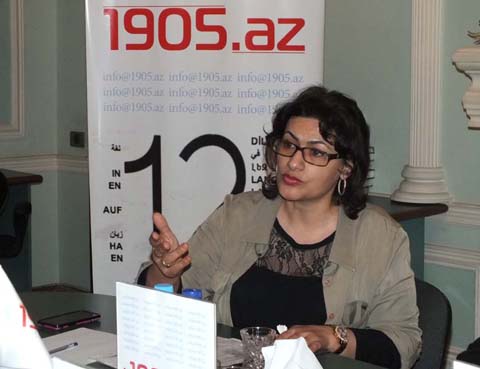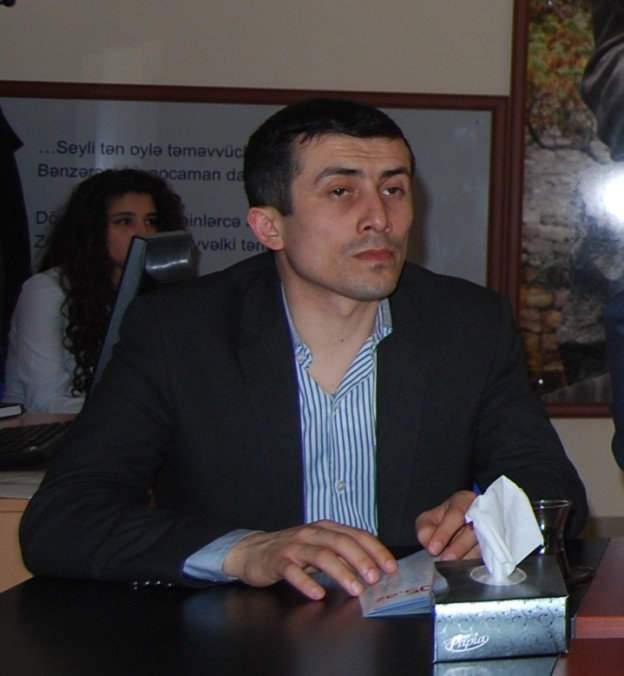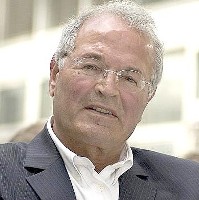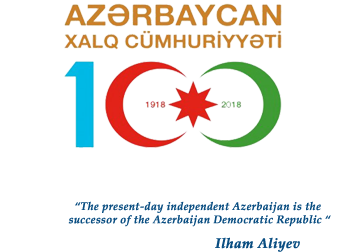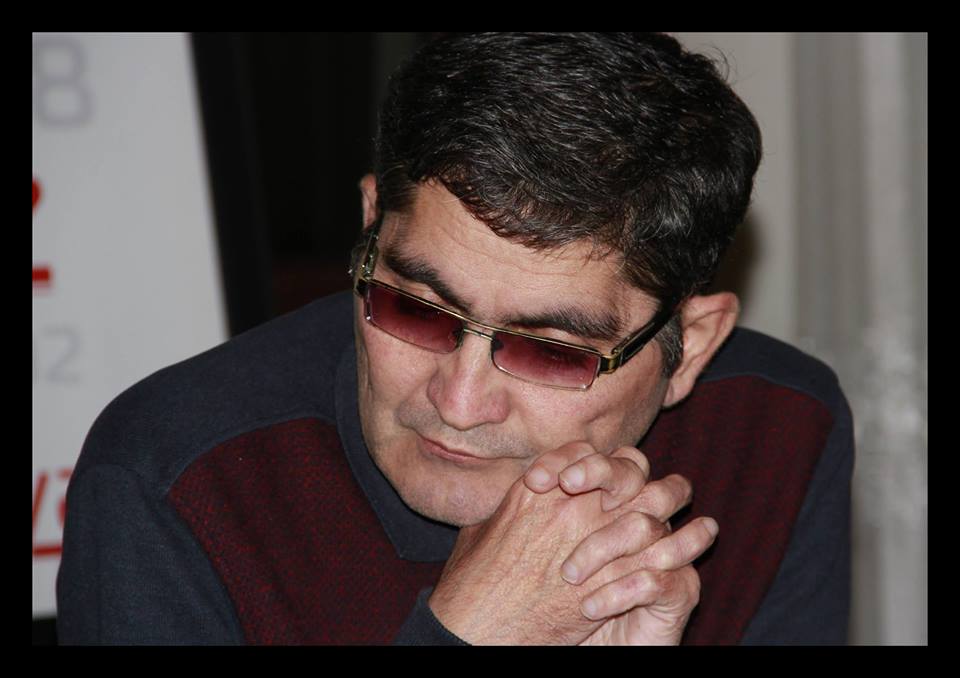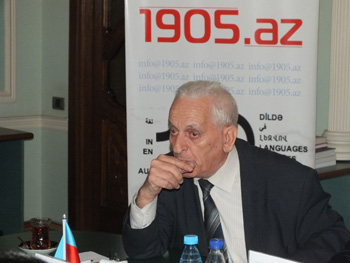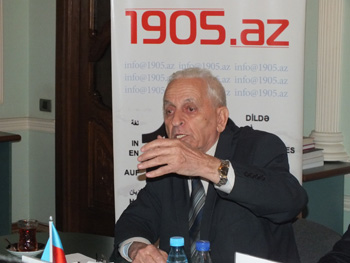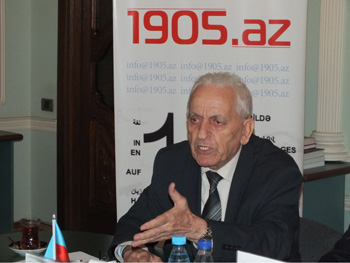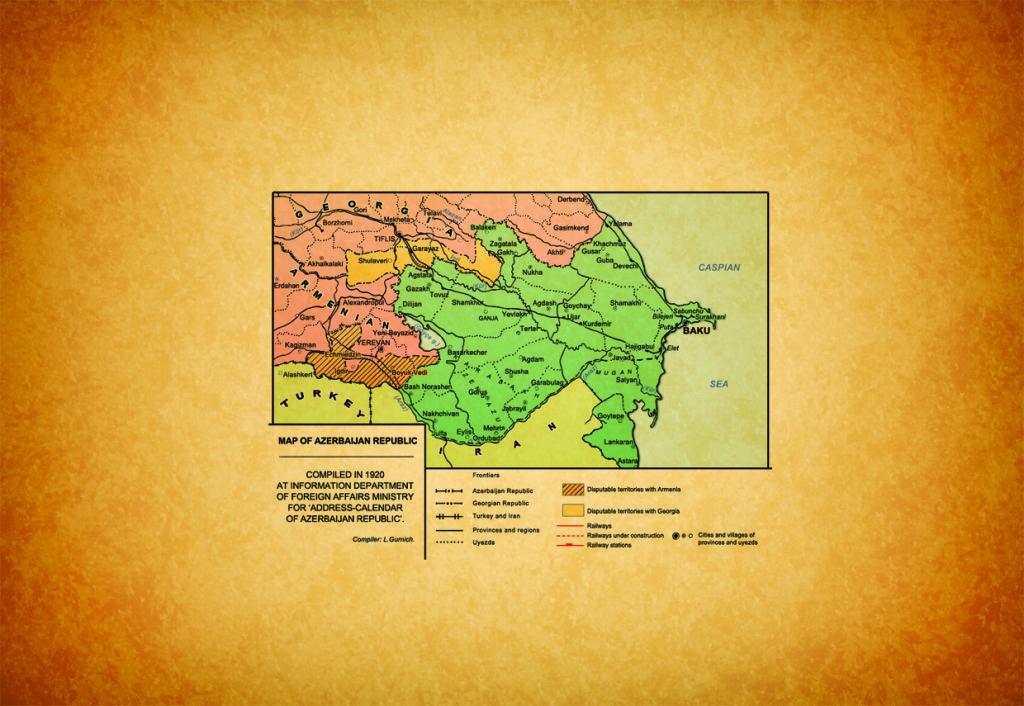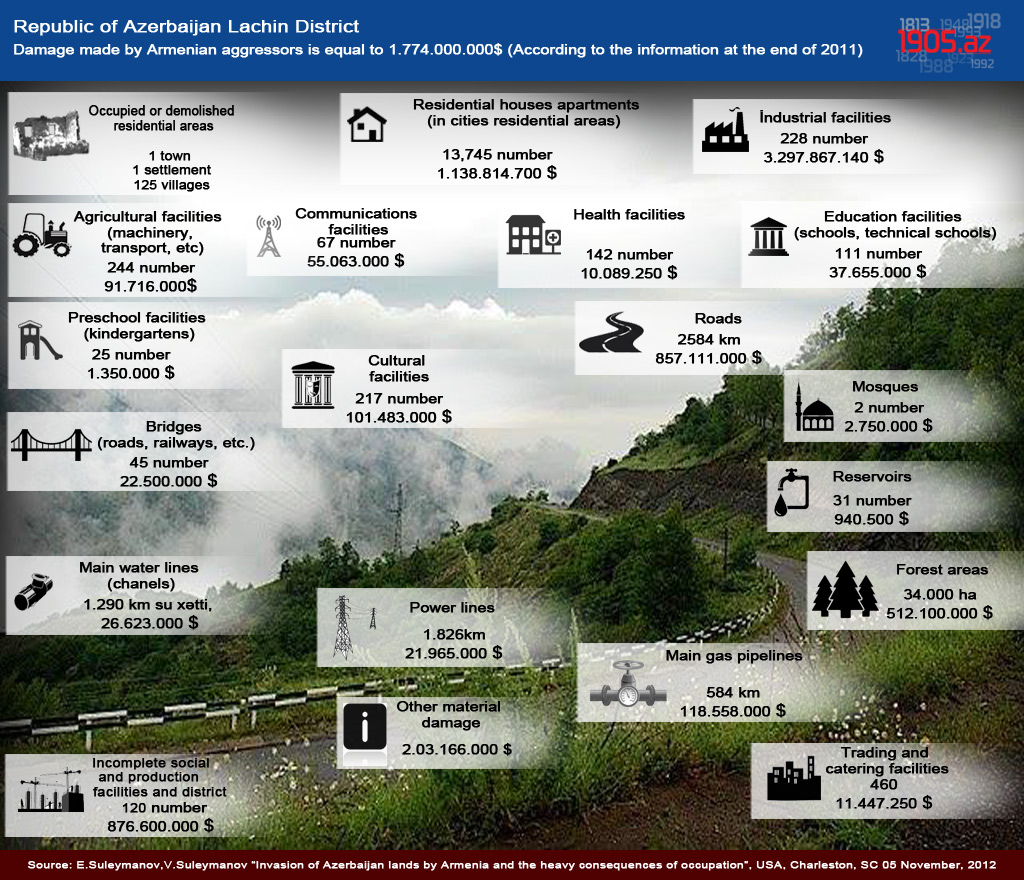Interview with a doctor of philosophy in history (PHD) Mehman Telmanoghlu
Mehman Telmanoghlu was born in 1977. He graduated from Baku State University, faculty of International Relations and International Law. He is a doctor of philosophy in history.
In Azerbaijan National Academy of Sciences (ANAS) Institute of History named after A. Bakikhanov he defended the thesis titled “The ethno-separatist conflicts in South Caucasus in mass-media outlets (1991-2006).”
He is a distinguished TV figure.
Each of us has to do something in solving the conflict of Karabakh. From this point, what is required from an average doctor of philosophy?
You are right while saying that each Azerbaijani has to do something in solving the conflict of Karabakh. Regardless of our job and position we must be useful for our state and motherland. Some people think that they are not politicians or do not occupy important posts and thus how they can be useful in this sense. I think it isn’t a correct approach to the matter. You may ask to what extent each of us can be helpful in this regard. For example, as an average research fellow – of course, I have partly stopped my activity as a scholar- and as a journalist when I visit foreign countries I have academic books and journals about the Karabakh conflict in different languages with me. Most of them is simple and represent the main historical facts. During any meeting I present these items to my colleagues before speaking about the problem in details. If my colleague is a scholar I start to debate, show him the sources, but if he/she is a journalist I try to draw his/her attention by telling the facts, about the fate of people. I have always themes to share the bitter memories of the war because I am from Karabakh region. When I meet an ordinary citizen I say him shortly what happened in that region.
As a doctor of philosophy in history in which scientific events have you came across scientists of the country that occupied a 20 percent of our lands?
In the international events I have met the representatives of the occupational regime of Armenia. Such kind of events took place in Georgia, Turkey and Russia. Delegations from the occupational regime also attended these events as they were international events. Each side has its own truth, but in most cases the occupation side acts with the principle which can be literally translated as “the thief yelled as though the truthful man’s heart broke”. We always made efforts to give full information basing on the historical facts. In most cases we could show what the real truth was.
What do you think about work done by Armenian scholars in the area of your academic interest?
Obviously, the Armenian scholars or Armenian journalists are not interested in revealing the truth to the world as it may cast shadow over “the facts” they tried to prove. As my research work has been done on the base of the articles related to the ethno-secessionist conflicts in South Caucasus, the foreigners value my research and it worries the Armenians. My academic supervisor, a doctor of history, Irada Baghirova, has supported me much in gaining my purpose. The aim of the dissertation was to explore the coverage of the regional developments by foreign mass-media outlets and then present all the results to academic community in a scholarly and historically modified form.
You are working for a TV channel and surely know to what extent TV audience are aware of the Armenian aggression against Azerbaijan.
We must enlighten our people in the right way. It is impossible to enlighten the onlookers by making them shedding tears. To this end we need to produce documentary films that can be useful. 20 years have passed. At times we see that our youth who are coevals with the conflict, even don’t know the names of the towns which were invaded by the Armenians. In this case, you even don’t want to ask them about the history of the occupation of these towns. That is why the history of Karabakh must not only be commemorated only on the occasion of the occupation anniversaries. If screenwriters write documentaries we may give full information to both local and international audience.
As a young scholar what can you say about your plans?
The work in TV is very intensive. Everybody knows this. That is why I stopped both my pedagogical and scientific activities. However I intend to carry on with my activities in these fields.
And finally I want to have your advices for our site.
As an Azerbaijani citizen I am glad that such a site has been established, because as if there is always shortage of information in this topic. Now we live in the age of Internet TVs. If people search information about the Karabakh conflict they immediately get the information mostly from Armenian sources. I want you to eliminate the difficulties in this field. You have enough potential to deal with this problem. You spread the realities of Azerbaijan to the world in 12 languages and it once more shows that our voices can be heard in its time and rightly. And I think the citizens who had earlier left the country must also have a glance at the 1905.az website.
Any information taken from this site and presented to non-Azerbaijani people can be useful in propagating the proper ways to solve the Karabakh knot. I wish you success in this responsible mission and let your honorable work be helpful for our motherland Azerbaijan.
Thank you for the interview
Fuad Babayev
1905.az

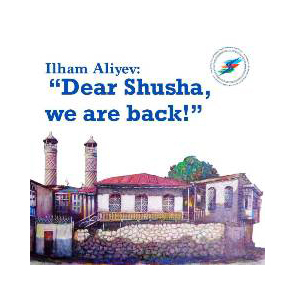
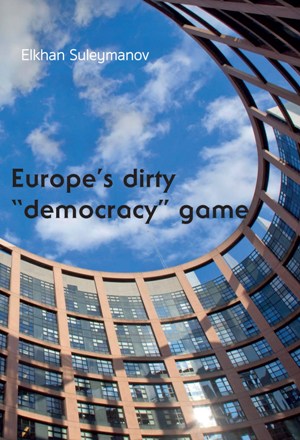
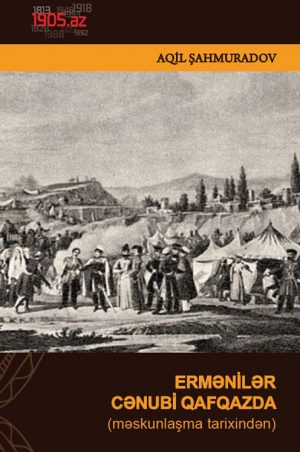
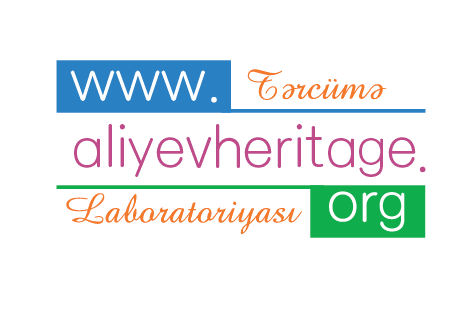








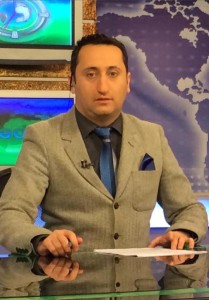
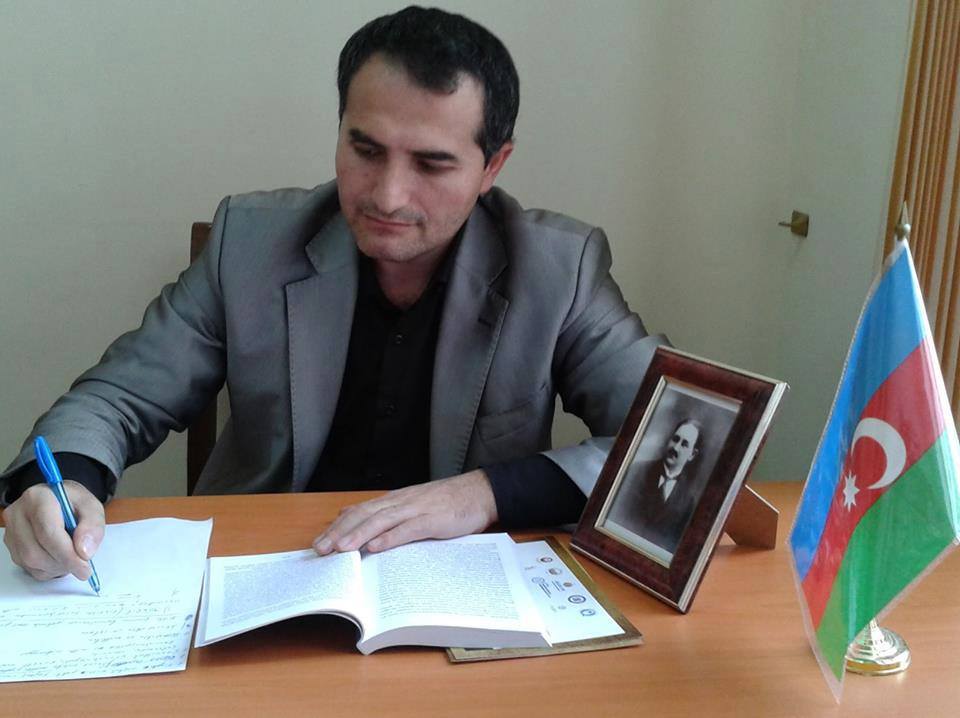
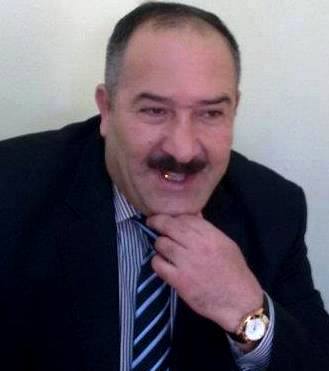
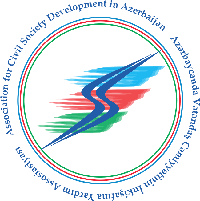
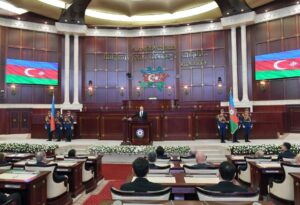 Inauguration ceremony of President of Azerbaijan Ilham Aliyev was held
Inauguration ceremony of President of Azerbaijan Ilham Aliyev was held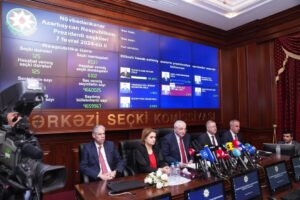 Ilham Aliyev wins presidential election with 92.05 percent of votes VIDEO
Ilham Aliyev wins presidential election with 92.05 percent of votes VIDEO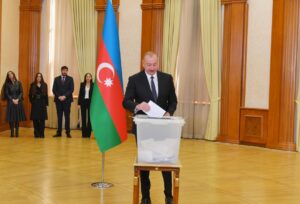 President Ilham Aliyev, First Lady Mehriban Aliyeva and family members voted in Khankendi VIDEO
President Ilham Aliyev, First Lady Mehriban Aliyeva and family members voted in Khankendi VIDEO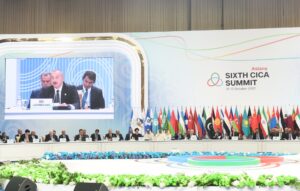 Plenary session of 6th Summit of Conference on Interaction and Confidence Building Measures in Asia gets underway in Astana. President Ilham Aliyev attends the plenary session VIDEO
Plenary session of 6th Summit of Conference on Interaction and Confidence Building Measures in Asia gets underway in Astana. President Ilham Aliyev attends the plenary session VIDEO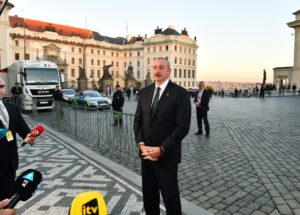 President Ilham Aliyev was interviewed by Azerbaijani TV channels in Prague VIDEO
President Ilham Aliyev was interviewed by Azerbaijani TV channels in Prague VIDEO



